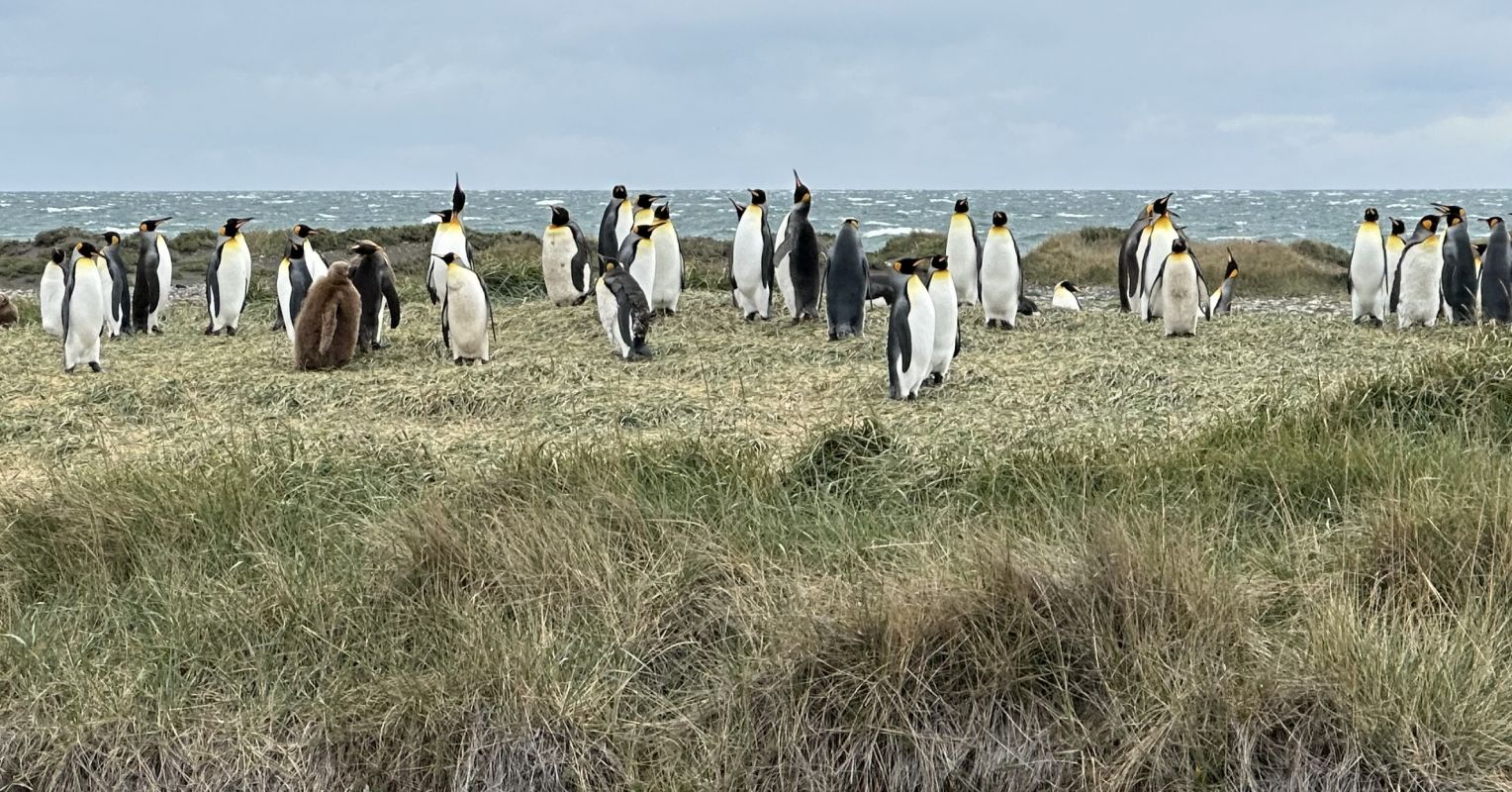
"I am lucky to have taken some incredible trips, including a recent one to "the end of the earth": the island of Tierra del Fuego, the southernmost point of South America. In a week, we traveled by boat and drove over 20 hours, seeing glaciers, beavers, a spotted seal, and passed two vehicles and two fishing boats. We saw more penguins than people."
"One night, the dinner conversation turned to "why we travel." Some of the others said, "because the world is a huge place and I want to see as much as I can; to learn; to feel alive." All good answers but one response struck me: "When you travel, you take what you learn-the values, the ways people interact-and, sometimes without even realizing it, you build it into your own behavior.""
Traveling exposes people to new values and ways of interacting with others. Travelers can absorb unfamiliar behaviors and social norms and later incorporate them into daily interactions without conscious awareness. A trip to Tierra del Fuego involved long boat and road travel, sightings of glaciers, beavers, a spotted seal, and far more penguins than people. A dinner conversation about why people travel produced answers such as curiosity, learning, and feeling alive, and one perspective noted that travelers often adopt values and interaction styles they observe. A year living in Germany revealed that identical words can carry different meanings rooted in differing civic values.
Read at Psychology Today
Unable to calculate read time
Collection
[
|
...
]